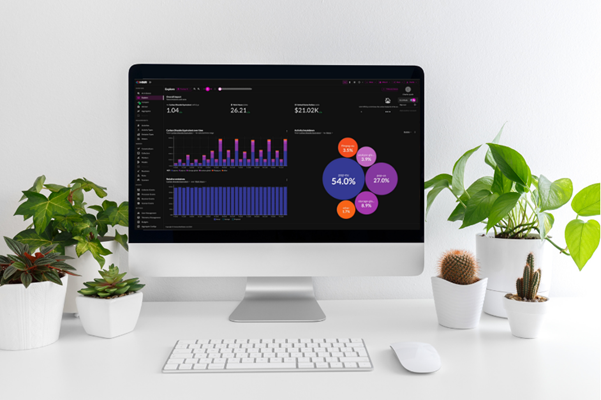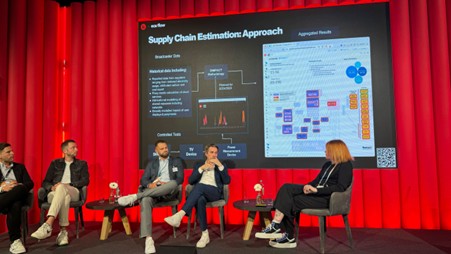Tell us briefly, what does HNR do?
HNR is a market-leading software provider that helps businesses reduce carbon emissions and costs from their technology footprint. Our flagship offering, HNR to ZERO, is the first-of-its-kind analytics platform that enables data-heavy companies optimise their technology operations for increased efficiency and sustainability. It leverages machine learning to identify optimisations and savings on energy consumption, carbon footprint, cost and time.
The platform provides operational and financial observability across an organisation’s digital infrastructure to measure and better understand its bottom line.
With HNR to ZERO, organisations of all types and sizes gain actionable insights and forecasting data, helping them comply with sustainability reporting mandates and ESG governance. Our solutions help customers attain a 20% reduction in carbon emissions and a 30% reduction in costs over 12-months.
What is your mission as a company?
Our mission is to help data-heavy companies optimise their technology operations to run a more sustainable and efficient business.
What sets you apart from the competition?
HNR fills a critical market gap by providing a unique abstraction layer across an organisation’s digital supply chain. Unlike competitors that focus solely on specific parts of the chain or maximising revenue, we offer a holistic and agnostic approach to operational visibility and optimisation. Our use of causal machine learning and automated implementation ensures that the organisations we work with can make actionable changes with minimal disruption. Importantly, sustainability is at the heart of what we do, setting us apart in an era where environmental compliance and accountability are non-negotiable.
What is the most exciting thing coming up for HNR?
We’re excited about our work on ECOFLOW II, an IBC Accelerator project that explores innovative ways to reduce energy consumption in media and broadcasting. This initiative, along with our collaborations with leading industry names like the BBC, RAI, and ITV, demonstrates our commitment to driving sustainability across the industry at scale.
What is the biggest issue you think we can address together through cross-industry collaboration?
The urgent need to lower the environmental impact of technology operations. Addressing these challenges requires cross-industry collaboration to set unified standards for sustainability, share best practices, and ensure compliance with emerging regulations.
Becoming a DTG member helps us drive this mission forward. Together, we can drive the adoption of tools that not only mitigate environmental harm, but also reduce costs, creating shared value for businesses, stakeholders, and the planet.
What might people not know about your company?
A few years ago, our CEO Kristan Bullett and CTO Kris Brown had a lightbulb moment at McCarran airport, returning from a busy NAB Show. Reflecting on the unnecessary excess and inefficiencies in the media industry, they realised how little visibility and cost control existed across the sector. After a few insightful conversations and glasses of wine with industry leaders, Humans Not Robots (HNR) was born.
Although we’re a remote-first startup headquartered in York, we’ve already worked with some of the world’s leading organisations, including the BBC, Accedo, the European Broadcasting Union (EBU), and Greening of Streaming. Our HNR to ZERO platform is fully compatible with major sustainability reporting frameworks such as CDP and GRI, enabling organisations to seamlessly meet compliance requirements.
We recently introduced the concept of Quality of Impact (QoI), a term shaped by our experiences in the field over the past few years. QoI goes beyond conventional user performance metrics, embracing sustainability in its fullest sense. It assesses the economic, environmental, and social impact of digital infrastructure, factoring in elements like energy consumption and carbon emissions. This approach reflects our commitment to more than just technology—it’s about the people who power it.






